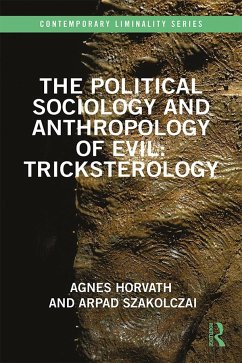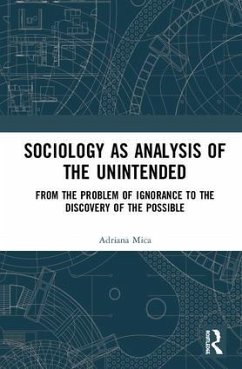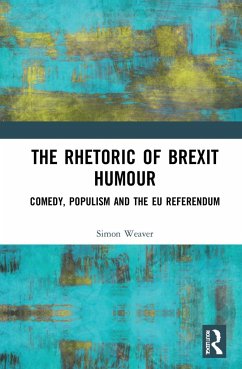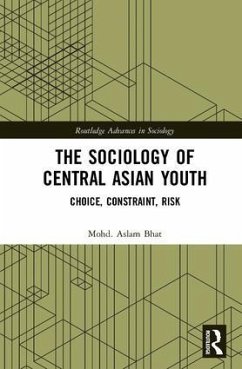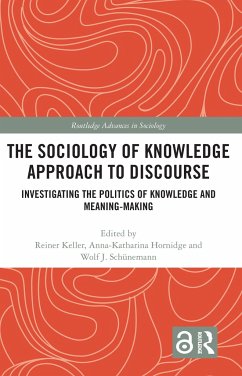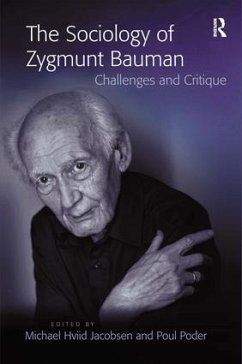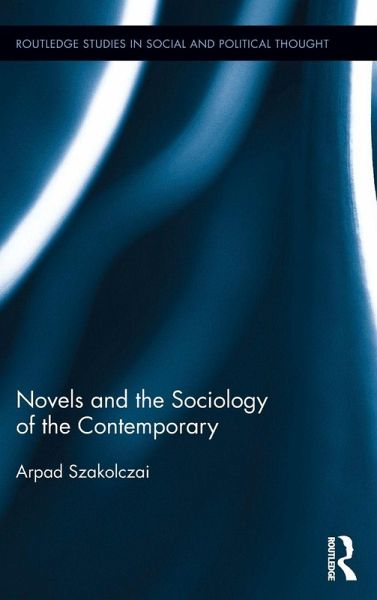
Novels and the Sociology of the Contemporary
Versandkostenfrei!
Versandfertig in 1-2 Wochen
186,99 €
inkl. MwSt.
Weitere Ausgaben:

PAYBACK Punkte
93 °P sammeln!
This book substantiates two claims. The modern world is the outcome of social, cultural and spiritual processes, among which a prime role was played by theatre. A special access for studying this theatricalized world is offered by novels. The theatre effectively transformed the world, and novels effectively analyze this "theatricalized" reality.




